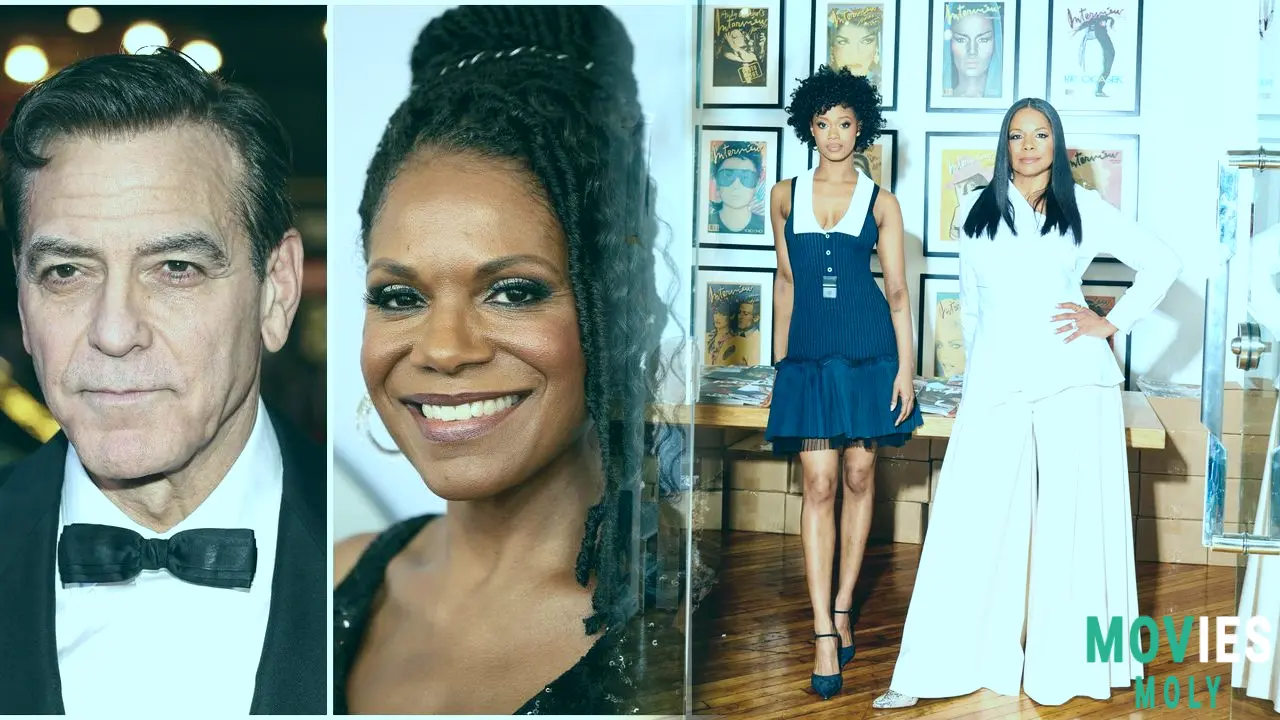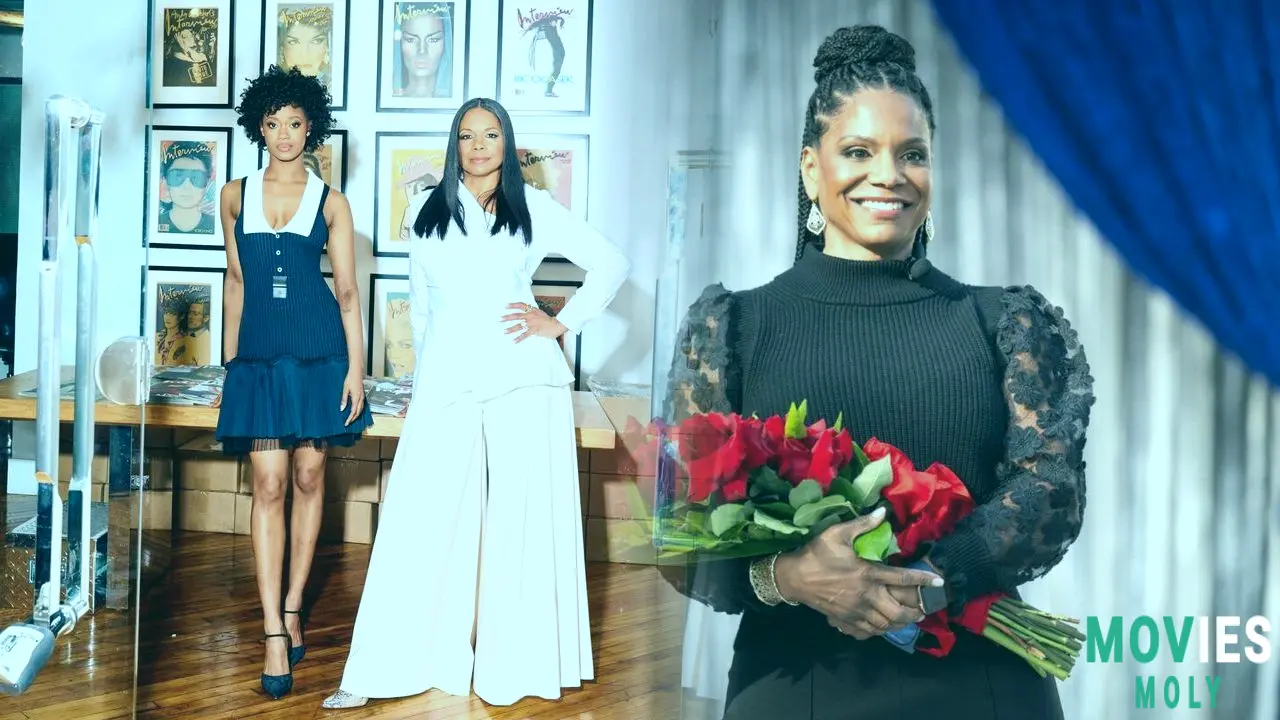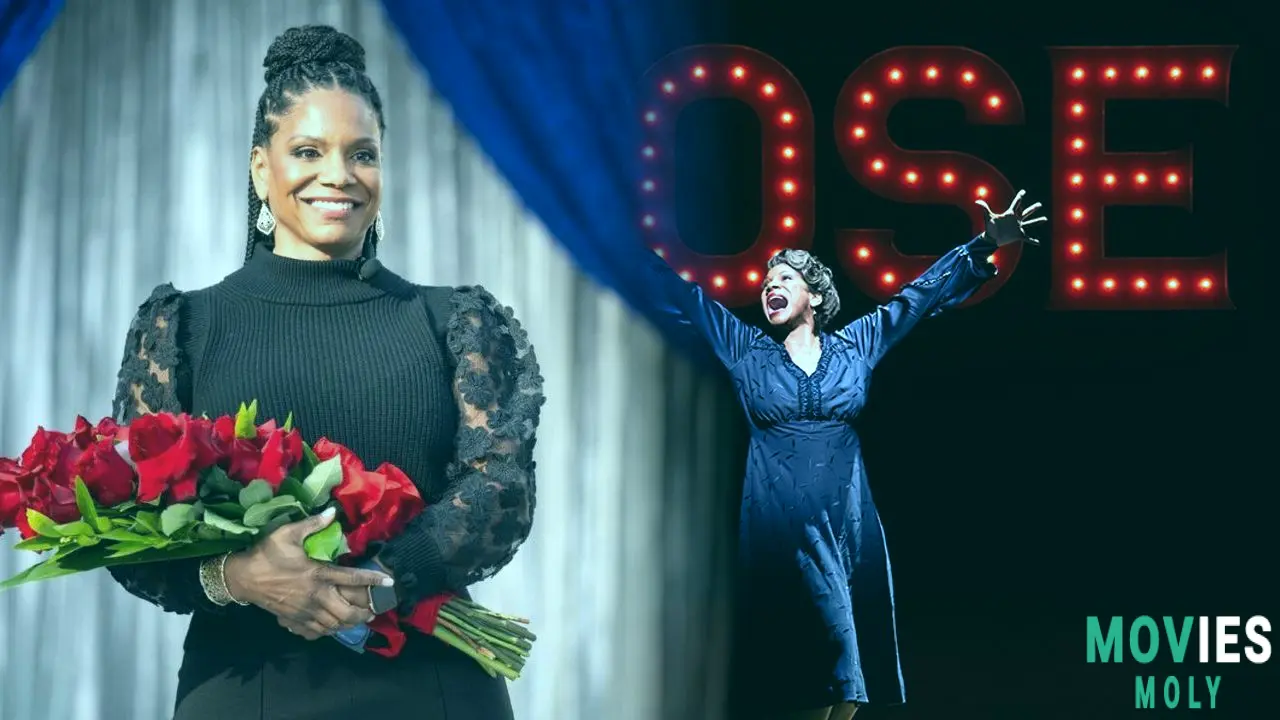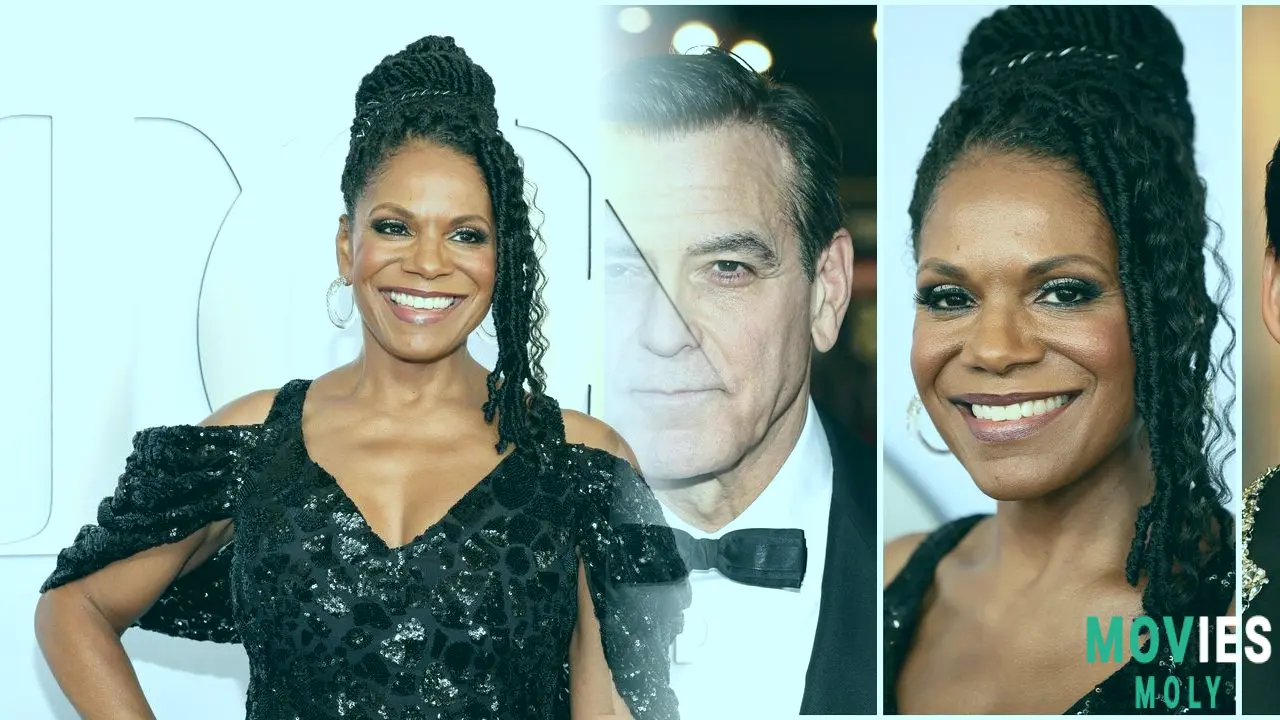By channeling the cumulative weight of theatrical legacy and Black American experience, Audra Mcdonald’s latest performance isn’t just a role—it’s a cultural recalibration.
Audra McDonald doesn’t just star in Broadway productions — she redefines them. With her electrifying turn as Mama Rose in the new revival of “Gypsy,” McDonald has not only earned her 11th Tony nomination, breaking the record for most nominations ever by a performer, but she’s also delivered a performance that theater critics and audiences alike describe as nothing short of spiritually transfiguring.
More than a milestone: McDonald’s 11th Tony nod reshapes award historyHer nomination for “Gypsy” propels McDonald past legends like Chita Rivera and Julie Harris, cementing her place at the very top of Broadway’s most celebrated echelon. With six Tony wins under her belt—already the most by any performer—she continues to defy not only time but expectation. And she does it alongside Danny Burstein, her on-stage partner in “Gypsy” and real-life Tony rival, who himself just became the most nominated male actor in Tony history.
But these numbers—impressive as they are—only tell part of the story. McDonald’s legacy is woven into the fabric of Broadway through wins in all four acting categories, a feat unmatched by anyone. Now, with “Gypsy,” she adds another layer to her mythos.
“Gypsy” isn’t just a revival—it’s a reimagining of a Black woman’s emotional and historical journey

“Gypsy,” the 1959 musical fable by Styne, Sondheim, and Laurents, has haunted the Great White Way with its iconic role of Mama Rose. Every revival is a gauntlet thrown to lead actresses, and McDonald steps into it not merely unscathed, but transformed. Her portrayal doesn’t just honor the original material—it interrogates it, elevates it, and makes it urgently relevant.
Critics initially grappled with McDonald’s approach. Her voice, a sublime lyric soprano, contrasts with the traditional belting expected from Rose. Her delivery, refined and nuanced, plays against the gritty, vaudevillian roughness historically associated with the character. Yet, as the show progresses, these seeming contradictions reveal themselves as intentional and brilliant choices.
“Los Angeles Times” theater critic Charles McNulty confessed to being momentarily aloof during the early acts, only to be completely overpowered by the finale — “Rose’s Turn.” He called the experience a “spiritually transfiguring one.” It's in that final musical breakdown that McDonald's entire performance finds its explosive coherence.
“Rose’s Turn” becomes a generational catharsis and a heroic final stand

In the climactic monologue, McDonald doesn’t just inhabit Rose—she channels a lineage. The sorrow, rage, and desperation in her voice aren’t just personal; they’re ancestral. She taps into the collective experience of Black women across decades, turning a character originally rooted in 1950s depictions into a living, breathing symbol of sacrifice and resilience.
This is not historical replication. It’s creative recontextualization. Audra McDonald takes a role that has been shaped by Ethel Merman, Angela Lansbury, Patti LuPone, and Bernadette Peters, and she reshapes it in her own image. Not just as an actor, but as a cultural storyteller.
Audra McDonald’s “Gypsy” performance boldly answers critics and rewrites stereotypes

Before the production even opened, McDonald found herself addressing critics like New York Times columnist John McWhorter, who questioned the choice to cast her as a Black Mama Rose. Her response was elegant and precise: “Gypsy” is a musical fable. It’s not bound by historical accuracy, but by emotional truth. And that truth, McDonald proves, is powerful.
McWhorter later retracted his stance after seeing the show, calling McDonald’s performance “spellbinding” and admitting he had “changed his mind.” It's a rare win—not just for casting, but for creative vision and execution.
More than a performer: Audra McDonald is Broadway’s living, breathing superhero
If Marvel has Tony Stark and DC has Bruce Wayne, Broadway has Audra McDonald. Her weapons aren’t gadgets or fists—they’re vocal control, emotional precision, and a presence that commands every square inch of the stage. Like the best superheroes, she’s been evolving her character roster for decades, never repeating herself, always pushing the genre forward.
Her inclusion in Variety’s first-ever Broadway Actors on Actors series, where she’ll be paired with Jake Gyllenhaal, only underscores how seamlessly she moves between mediums and audiences. Whether it's film, television, or the majesty of live theater, McDonald is unstoppable.
“Gypsy” may be the most iconic role, but Audra McDonald makes it her own legend
Audra McDonald’s Mama Rose isn’t a replica of past performances—it's a new archetype. One that embraces femininity, ambition, failure, and hope through the lens of a Black woman’s experience in early 20th-century America. It's a role that adds a seventh Tony win to her collection not as a possibility, but as a probability.
In a world obsessed with superheroes and origin stories, McDonald gives us something rarer: a real-life hero who keeps transforming the cultural narrative with nothing but her voice and her soul. And that, in its own way, is legendary.






